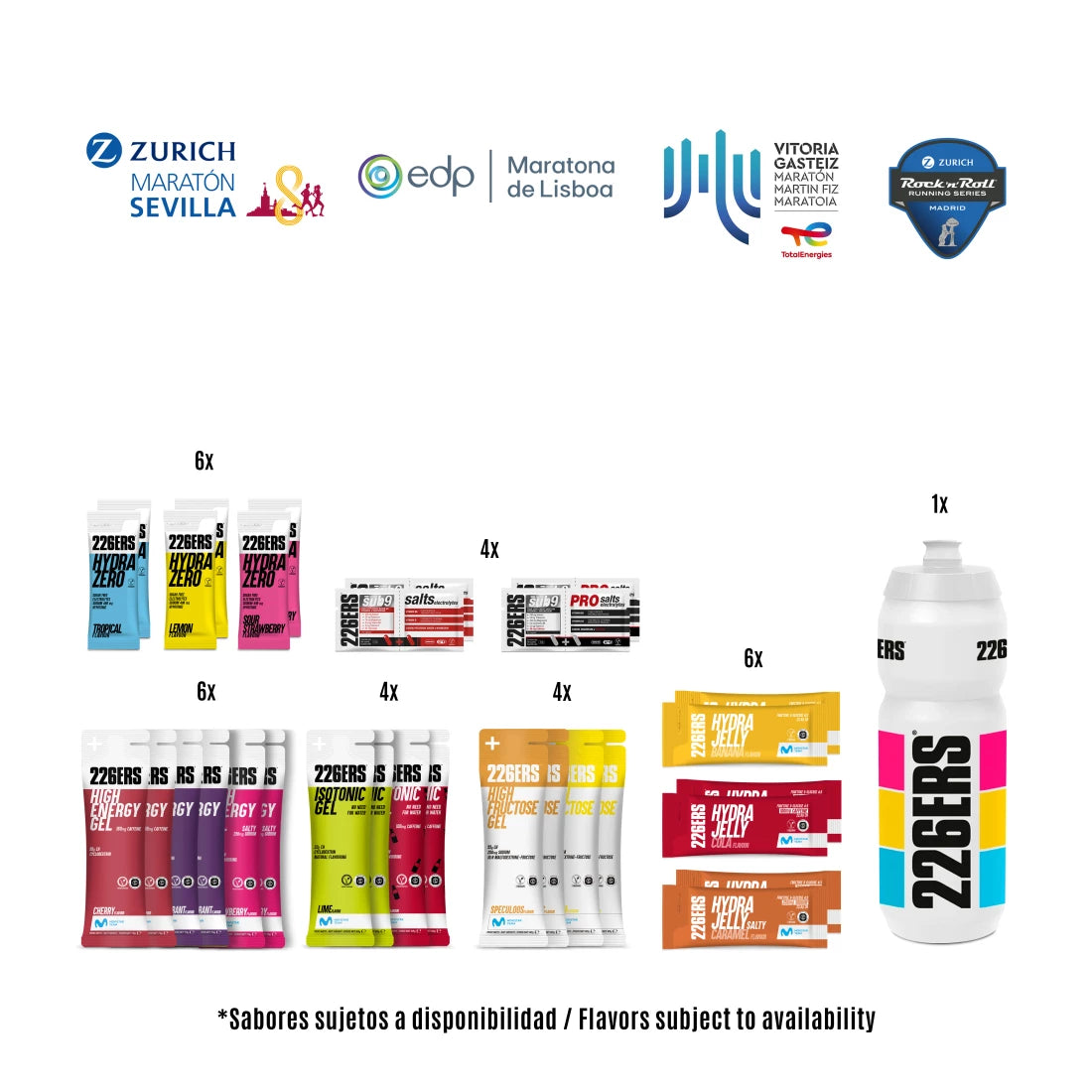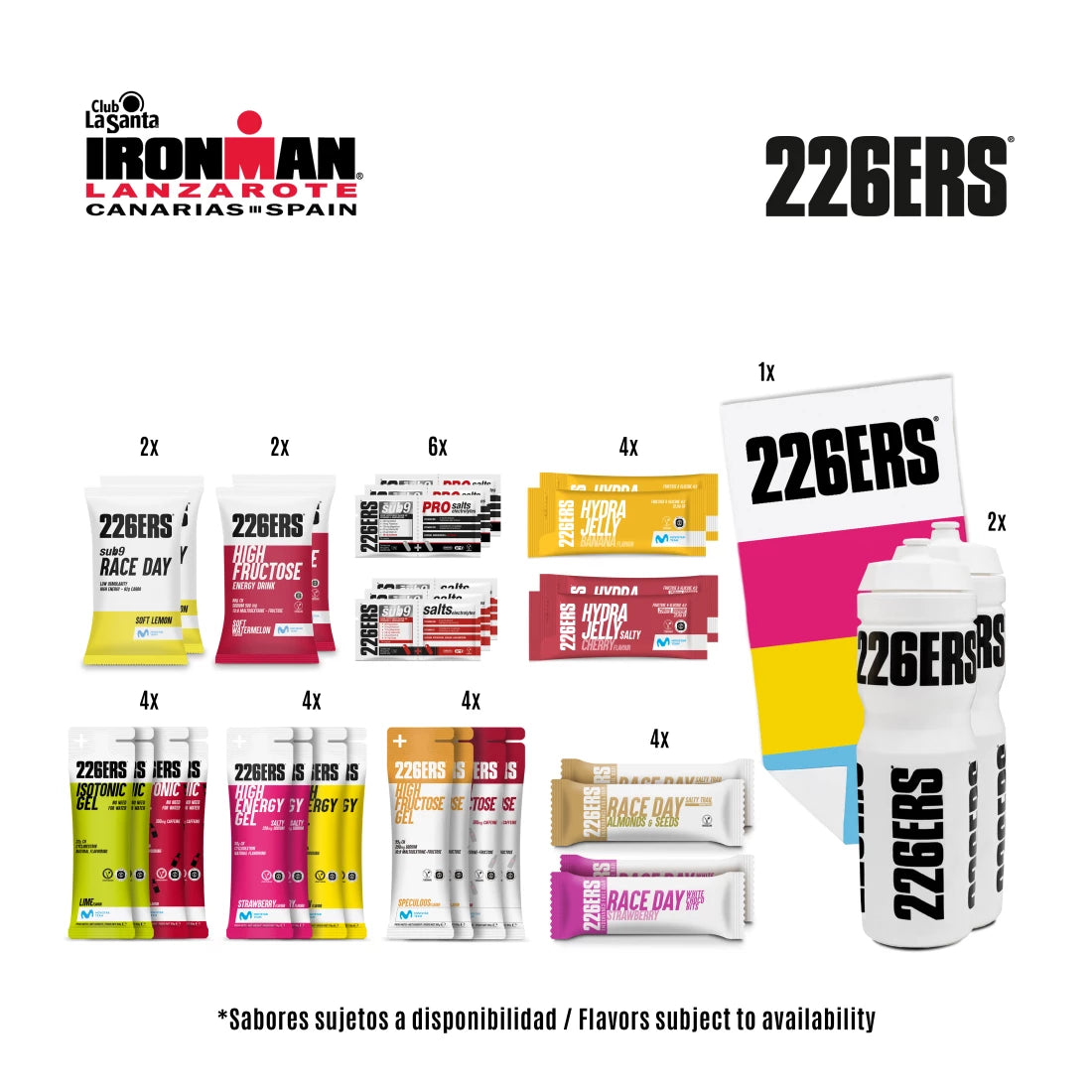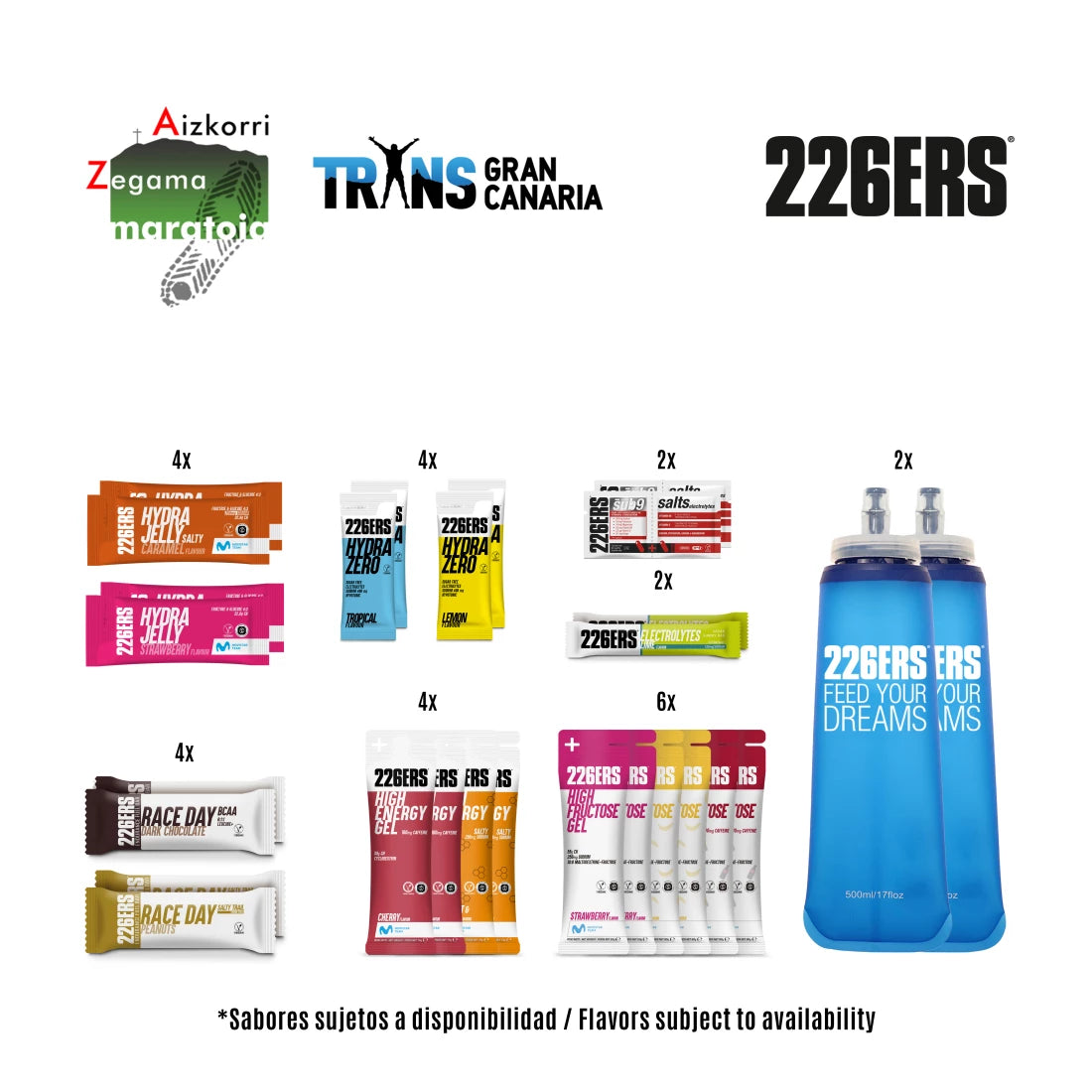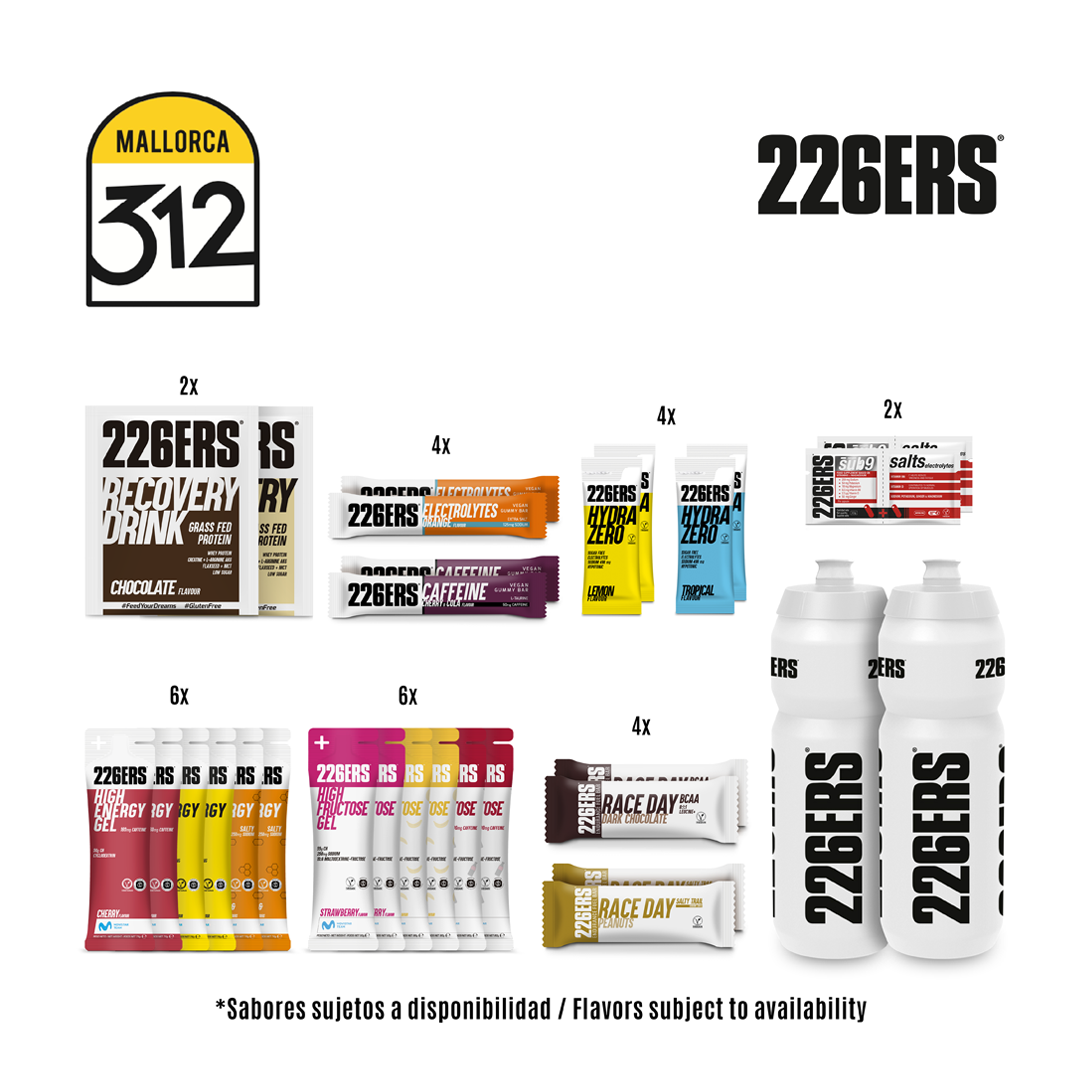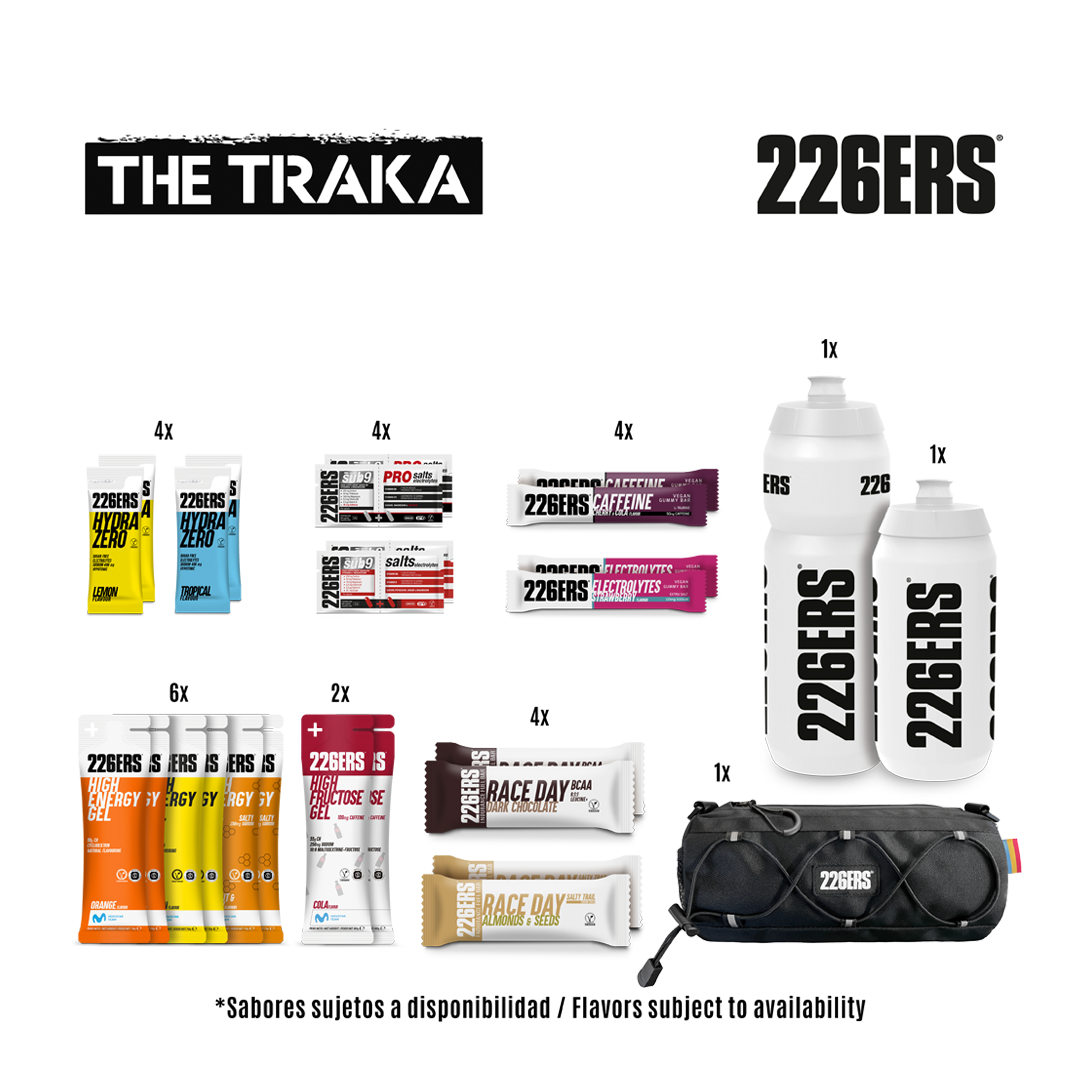When we talk about replenishing salts during sports, we refer to the amount of sodium, potassium, Magnesium and other minerals that our body needs to regulate and maintain optimal functioning.
Magnesium plays a determining role When maintaining the energy and nervous system balance, this is indispensable in:
1. Muscle relaxation
A correct muscle contraction-relation process to obtain optimal performance is directly related to the presence of calcium, potassium, sodium and magnesium in our body. It is therefore essential to maintain a correct level of these before, during and after physical activity.
2. Fabor repair
Tendons, cartilage, ligaments and other soft tissues are elements that need magnesium to rebuild, grow and improve. This implies that magnesium is an ally when recovering after training or high demand competitions.
3. Energy absorption
Magnesium contributes to the activation of enzymes involved in the process of metabolization of carbohydrates and proteins. With what becomes indispensable for adequate energy supply to our body.
4. A correct digestion
Magnesium is prescribed by doctors in stomach acidity cases and also has the property of regulating the intestinal flora. So that your intake is positive when avoiding gastric problems in long distance tests.
The Lack of magnesium during periods of maximum demand It is a little recommended phenomenon, this can result in:
1. Lack of oxygen in muscles
By properly metabolizing nutrients the supply of oxygen to the muscles descends, with the consequent downturn in the performance and appearance of the feared
lactic acid.
2. Weakness
The lack of electrolytes contributes to muscle weakness and possible damage to the fibers.
3. Rampas
The lack of magnesium is one of the factors that most influence the appearance of cramps.
It is recommended to eat between 300 and 500mg. The day of magnesium depending on our level of demand, we can find it in the following foods:
1. Vegetable
Mainly those green leafy vegetables since chlorophyll is a complex substance with high concentration.
2. Legumes
Integral or semi-integrated rice, lentils, chickpeas, etc.
3. Cereals
Especially recommended integral cereals, flee from those preparations that can contain white flours.
4. Supplementation
The
Salts Electrolytes In capsules they contain the magnesium and the rest of the electrolytes necessary to maintain a correct level during the effort.


